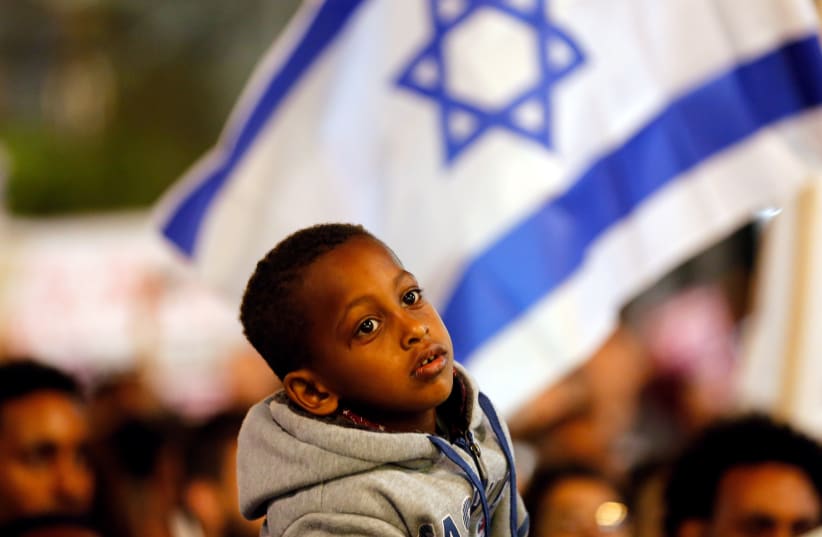The NGOs filed the petition to the Jerusalem District Court on Sunday night, asking it to block the state from expelling hundreds of Congolese migrants who have lived in the state for around 15 years.
In October, the state removed the temporary protected status it had given hundreds of Congolese migrants for 15 years, leading to immediate opposition from the Hotline for Refugees and Migrants.Initially, the NGO attacked the policy shift, coordinated by Interior Minister Arye Deri, the Population Immigration and Borders Authority (PIBA) and the Foreign Ministry, as being problematic because it was not publicly announced effectively.There was a posting on PIBA’s website, but if relevant migrants did not know to look on the website for the notice, it would not necessarily have reached them.According to the Hotline, the policy shift meant that all Congolese would need to leave Israel within 90 days, or by January 5, as the ministries determined that there was no legal bar to their deportation from Israel.Sunday’s petition added more extensive arguments, including that any government opinion saying that it was now safe to send the Congolese migrants back flew in the face of numerous international sources indicating that the situation in the Congo is highly volatile and could explode at any time into civil war.Though historic democratic elections were held Sunday in Congo, which has been ruled since 2001 by dictator Joseph Kabila, there are numerous reports of ongoing brutal arrests of political opponents and controversy over the impending results.These reports have said that false accusations are being made against members of the opposition, along with government forces carrying out executions without trial, and torture.In addition, armed clashes in Congo could include serious war crimes and have led to the flight of millions of displaced persons and refugees to neighboring countries. Moreover, reports have said that Congolese women are routinely raped as part of ongoing fighting and persecution between ethnic groups.Further, the World Health Organization has previously warned of the spread of the Ebola epidemic throughout the Congo.The Hotline and the other NGOs called on the court to block any process to deport the Congolese migrants, at least until the dust settles after the upcoming Congolese elections.The petitioners have also demanded that the state publicize its legal opinion on the basis of expulsion of the Congolese migrants.
